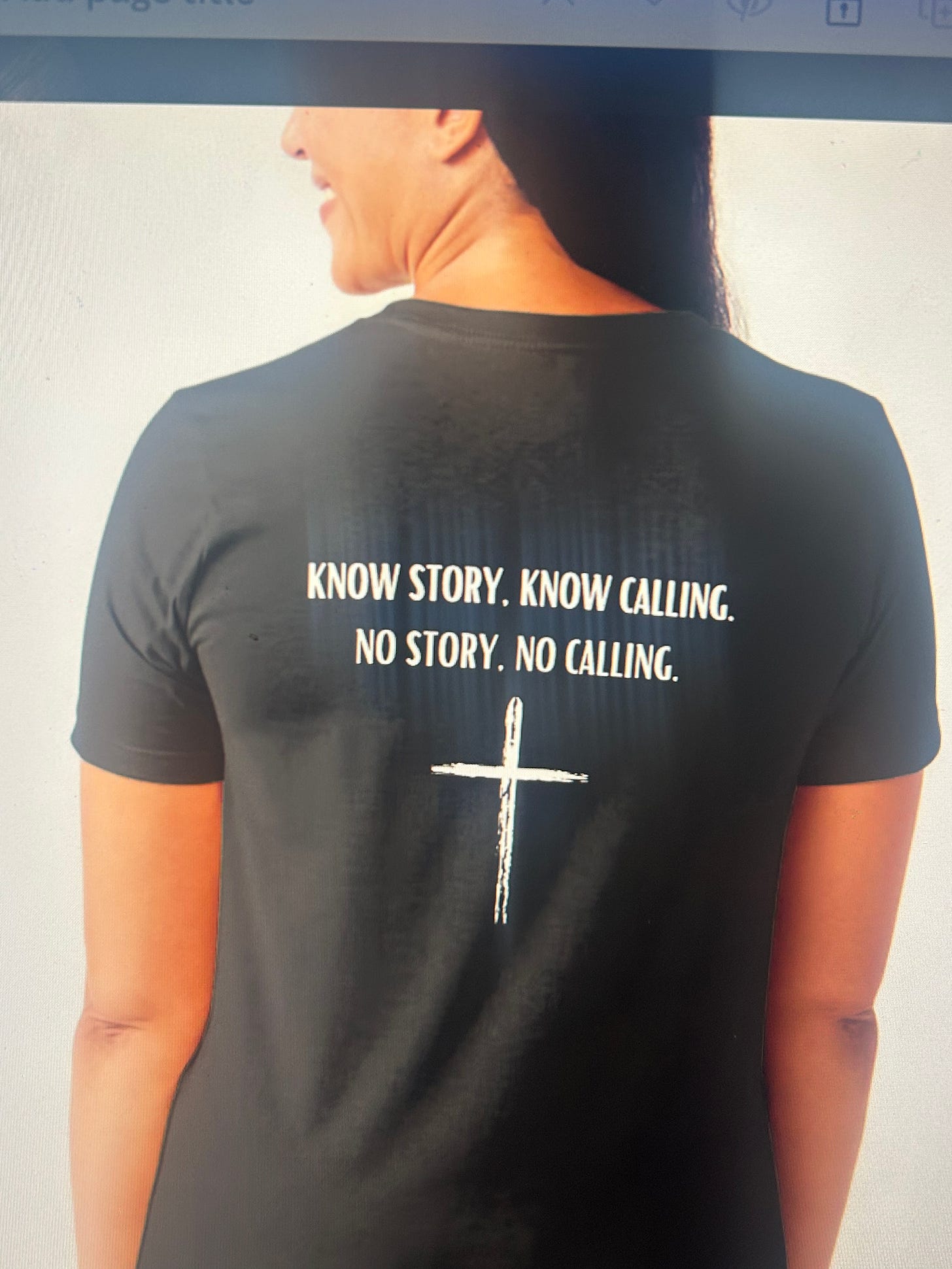Missionaries have a Mission
Should go without saying.
Missionaries have a mission. What is ours? We mobilize a new generation of missionaries to vocations and nations. God called us all to disciple nations.
But how? Jesus said, "Make disciples," who will be salt and light in the world. For 35 years, we’ve placed university students on missional internships and continue to do that.
Many know God has used universities in revivals and new mission movements for nearly 1,000 years. Why is that? God functions through faithful work. He’s the original gardener, communicator, lawgiver, counselor, teacher, and healer. God seeks those who will be his witnesses everywhere until he returns.
The majority church has shifted to the global south in recent years, representing incredible missionary success over the past 1000 years. However, the Western church has become marginalized, and the church in America is at a crossroads. Churches can either stand in faithfulness and get labeled as hateful bigots or proudly display a rainbow flag. Things have changed in recent years. Evangelical leaders' voices are no longer welcome in the public square.
I’ve observed students walking the halls of universities for many years. Today’s students have grown up in a post-Christian hyper-connected world. Christian students hold their heads down, walking the halls in fear. The problem today is that without shared biblical values, universities and nearly every institution are now distorting the truth about history, justice, and gender.
The result is a confused and emotionally stressed generation, many of whom are rejecting God and His good gifts and even their bodies. Universities fail in their mission because the Church abandoned them 100 years ago. Instead of encouraging debate and civil discourse, they foster a victim mentality and offer safe spaces, cry rooms, and petting zoos. What is the Biblical Christian response? Our ministry is founded on the eight steps of 2 PETER chapter one: teaching emerging leaders to “make every effort” to be “effective and productive” in their faith and calling.
But I’ve discovered that we cannot know God’s calling until we know our story. For many of us, our stories are painful. Schools are hyper-focused on emotional trauma and Social Emotional Learning for good reason; there is an epidemic of depression. Trauma happens to everyone, and it blinds us. Even Moses had trauma; placed in a basket on a river and raised by a tyrant king, he popped in anger and killed someone. Half his life, he hid until God called him back to his story. God knows our stories and why we run, hide, lie, rage, or cry.
We created the WHO I AM Weekend Intensive to give young adults the tools to engage with their stories and confront the wounds and behaviors hindering their spiritual and emotional progress. We guide students through activities to help them understand their obstacles, engage with their story, and engage with God's story.
The first weekend was at YWAM Philadelphia, with the help of YWAM staff from five States! Mary provides additional one-on-one healing through Transformational Prayer Ministries. With Mary’s gentle guidance, God leads her clients into their childhood memories, which affect their emotions today. It doesn’t take angry outbursts, deep depression, or addictive behaviors to have emotional struggles. Often, without knowing it, we put up a protective shield to keep us from seeing our pain. The protective shield can appear like perfectionism or pride.
Mary and I have faced our stories with the Lord. He’s shown us memories from childhood when lies, such as “unworthiness” or “inescapable failure,” set into our young minds. Those lies put people on the trajectory of seeking approval through performance or resentment for not being noticed. God’s truth appears to us during times of prayer. He takes us to those harmful memories to give us truth and freedom!
We had our second WHO I AM weekend intensive at Ocean City Tabernacle a few weeks ago. We had eight participants and nine staff, which made it very intimate. We went deep. The feedback is so encouraging; everyone said they wanted “more”. One participant said, “Overcoming challenges and having joy is possible. It is possible to know Him, His presence, here and now.”
The weekend is about our identity, purpose, and calling from God. We went deep into our stories, including our sins and trauma. We removed hindrances to our relationship with God.



